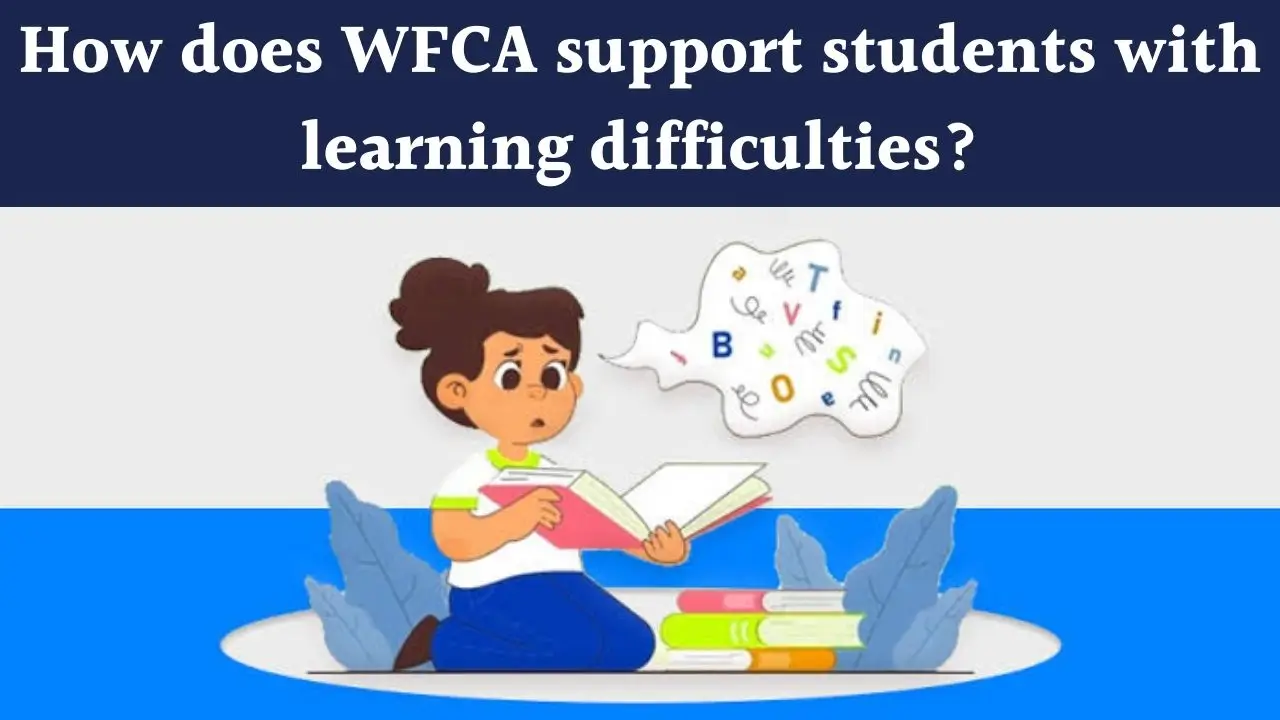When it comes to choosing the right educational institution for a child, parents often consider not only academic excellence but also the moral and spiritual formation of their children. Word of Faith Christian Academy (WFCA) is one such school that openly identifies itself as a faith-driven academy. A common question that arises is whether WFCA follows a Christian-based curriculum, and if so, what that entails for students’ education and development.
Understanding WFCA’s Mission
Word of Faith Christian Academy, often associated with local Word of Faith churches, is designed to provide an education that integrates biblical truths with academic knowledge. The mission typically aligns with the belief that children should not only excel intellectually but also grow spiritually. This helps prepare students to lead meaningful lives governed by faith, integrity, and responsibility.
The Nature of a Christian-Based Curriculum
A Christian-based curriculum goes beyond standard academic requirements. It weaves scripture, moral lessons, and Christ-centered principles throughout all areas of study. Unlike secular institutions where faith and academics are often separate, Christian schools like WFCA usually emphasize the inseparability of faith from learning.
Key aspects include:
- Integrating biblical worldview into subjects such as science, history, and literature.
- Encouraging spiritual growth alongside academic growth.
- Teaching character development based on biblical principles.
- Promoting an environment of prayer and worship as part of daily life.
WFCA’s Academic Curriculum
While WFCA maintains the core academic subjects mandated by educational boards, the unique aspect lies in how these subjects are taught. Instead of being limited to factual knowledge, WFCA employs a Christ-centered approach that seeks to align every subject with biblical truth.
Core Subjects Integrated with Faith
- Mathematics: Presented as a display of order and logic reflecting God’s creation.
- Science: Taught with an emphasis on God as the Creator, often including perspectives from Christian apologetics.
- Literature and Language Arts: Focuses on comprehension, communication, and expression through readings that often carry Christian values.
- History and Social Studies: Highlights the role of faith throughout human events, emphasizing biblical history as foundational.
Comparison Between Secular and WFCA’s Christian-Based Curriculum
| Subject | Secular Curriculum Focus | WFCA Curriculum Focus |
|---|---|---|
| Mathematics | Logical problem-solving and computation | Logical order as a reflection of divine creation |
| Science | Evolution, natural phenomena, scientific laws | God as Creator, biblical explanations, stewardship of nature |
| Literature | Broad global literature, critical analysis | Christian-authored works, literature with moral lessons |
| History | Political, social, and cultural developments | Inclusion of biblical history, faith’s role in world events |
| Ethics/Values | Occasional inclusion of civic education | Moral development rooted in scripture and Christian virtue |
This comparison helps illustrate how WFCA intentionally integrates Christian perspectives within its academic delivery.
Spiritual Formation at WFCA
WFCA does not treat faith as an “extra” element but as central to student growth. Therefore, spiritual formation is part of the curriculum.
Faith-Based Activities and Learning
- Bible Study: Regular Bible lessons are included at every grade level.
- Chapel Services: Weekly chapel fosters worship as a community, prayer, and sermons.
- Scripture Memorization: Students often engage in memorizing verses to apply biblical principles in daily life.
- Community Service: Students are encouraged to participate in outreach programs, demonstrating faith through actions.
Values and Character Education
WFCA works to ensure that children are not only academically strong but also morally grounded. Character education is taught based on biblical values, such as:
- Integrity and honesty
- Respect and obedience
- Compassion and kindness
- Responsibility and diligence
- Gratitude and service
By embedding these values into the school culture, WFCA aims to shape students not just as learners but as spiritually equipped leaders.
The Impact of a Christian-Based Curriculum
The integration of faith and academics affects students in several ways, including:
- Holistic Development: Students grow intellectually, socially, and spiritually.
- Resilience and Character: Biblical teachings encourage perseverance in challenges.
- Faith Identity: Students develop a strong understanding of their beliefs.
- Community Bonding: Shared faith creates stronger peer and teacher-student relationships.
Latest Updates Regarding WFCA’s Approach
In recent discussions and institutional updates, Christian academies like WFCA have reaffirmed their dedication to integrating biblical studies across all subjects. Many faith-based schools are now adopting modern educational methods, such as digital learning platforms, while still maintaining Christian foundations.
Key trends observed in WFCA and similar faith-based institutions include:
- Increased use of technology for blended learning integrated with scripture-based resources.
- Expansion of extracurricular ministries, such as mission trips and youth worship bands.
- Enhanced parent involvement through prayer groups and family-centric activities.
- Adaptation of curriculum standards to meet both academic board requirements and biblical teachings.
Benefits for Parents Choosing WFCA
For parents, WFCA provides an option that meets both educational and spiritual aspirations. The Christian-based curriculum appeals to families who want their children to excel in academics while staying firmly rooted in faith.
Reasons Parents Prefer WFCA
- Assurance of a safe, faith-focused learning environment.
- Teachers who serve as both instructors and spiritual mentors.
- A curriculum aligned with Christian values.
- A strong emphasis on moral decision-making.
- Balanced focus on both academic rigor and faith development.
Challenges and Considerations
While the Christian-based curriculum at WFCA has many advantages, some considerations exist:
- Students may need additional preparation if they transition to secular colleges or universities.
- Certain scientific or historical perspectives presented may differ from mainstream academic views.
- Parents must be intentional about ensuring academic balance along with spiritual emphasis.
Despite these challenges, WFCA continues to thrive as a faith-driven learning community.
Conclusion
Word of Faith Christian Academy (WFCA) does indeed follow a Christian-based curriculum. Every subject, activity, and school culture aspect is infused with biblical teachings and spiritual principles. While it meets academic standards, its distinguishing factor is the deliberate integration of scripture and faith into the learning journey.
For families seeking education that promotes both scholastic achievement and spiritual growth, WFCA presents a well-rounded choice. The academy’s Christian-based curriculum not only prepares students for academic success but also shapes them into individuals grounded in faith, ready to lead with wisdom, and equipped to impact their communities positively.












